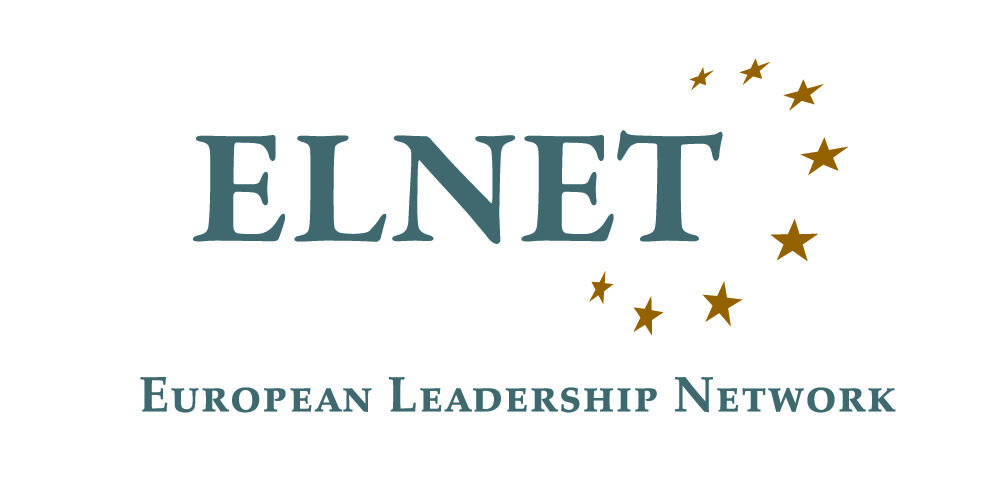Amid a feeling of intense international isolation, various elections are underway or have recently taken place around the world that – believe it or not – are giving Israelis a reason to smile. Well, if not a broad, full-toothed smile – a rare commodity these days – at least a half-grin.
No, this is not about last month’s Eurovision contest, where Eden Golan’s fifth-place showing was held up by some as proof of European support, not only for Golan and her song “Hurricane,” but for Israel and the entire Zionist enterprise itself.
To support this claim, it was even stressed that were the results based only on the vote of the audience, made up of regular people – and not juries composed of members of the artistic world who bend toward following a herd, virtue-signaling mentality when it comes to Israel – then Golan would have come in second place.
Now, however, results are coming in from elections for politicians – not favorite songs – indicating that Israel’s position in the world might not be as bad as the impression gleaned from social media posts and rhythmic chants of “intifada revolution” on American college campuses.
Israel was not on the ballot in recent elections for the European Parliament,primary balloting in the US, and voting in South Africa. Still, the results of those elections, where pro-Israel candidates fared or are faring well while anti-Israel candidates are struggling, is cause for some mild satisfaction. Here is a look at those results.
The European Parliament
The European Parliament, the directly elected legislative body of the European Union representing the citizens of its 27 member states, held elections from June 6 to 9.
The various national parties are arranged in the parliament into seven main groupings based on ideological commonalities: two groups on the hard Left, one on the Center-Left, one on the Center-Right, and two on the hard Right. An eighth group is composed of independents, but in the current situation, it includes parties on the far Right, such as Germany’s AfD Party.
The good news for Israel is that two left-wing groupings – made up of the most anti-Israel parties in the parliament – lost significant ground, while the parties on the Right and far Right that are supportive of Israel gained seats. But, since nothing in life is black or white, this is somewhat of a mixed blessing since some of these parties, such as AfD in Germany and Marine Le Pen’s National Rally in France, have an antisemitic past and, as is the case with AfD, some say even an antisemitic present.
According to a European Coalition for Israel (ECI) ranking of the groups according to their position and stands on Israel, the two right-wing groupings – the European Conservatives and Reformists (ECR) and Identity and Democracy (ID) – are the best when it comes to Israel, with the ECR scoring 92.30 on a scale of 100, and the ID scoring 87.97. These two groupings gained ground in the European Parliament, with the ECR gaining about 30 seats (the final results are not yet tallied) and the ID – which includes Le Pen’s party – picking up about 20 seats.
[…]
MAKE NO mistake, these elections were not about Israel, though some of the left-wing parties – notably in France and Spain – made the war in Gaza a major campaign issue. Nevertheless, the results – having fewer rabidly anti-Israel members of the European Parliament and more with an understanding of the country’s security concerns – will have an impact.
The most significant impact will be on the parliament’s ability to vet the EU’s governing board – the European Commission – and, most importantly, both its president and its foreign policy czar. Center-right German politician Ursula von der Leyen appears poised to continue as EC president, something not bad for Israel as she is deemed in Jerusalem to be fair overall and friendly toward the Jewish state.
The big change will be in the position of foreign policy czar, with Spanish politician Josep Borrell on his way out. For Israel, this is a positive development, as he has proven to be problematic.
[…]
Daniel Shadmy, the spokesman for ELNET, a non-profit organization devoted to building Israeli-European relations, said that the main topics in these elections were immigration and security, which “connects very much to the issue of Israel’s war since October 7. The growing Right and far-right wing parties in the European elections have a direct line to what is happening here and the threats of terrorism,” he said.
Shadmy predicted that “all in all, the relations between the EU and Israel are not expected to change dramatically; they will remain the same or be better. Whether we like it or not, the turn to the Right by Europe is something that so far is positive for Israel, because they are talking about similar threats that we are facing and have been more supportive of Israel over the last eight months.”

